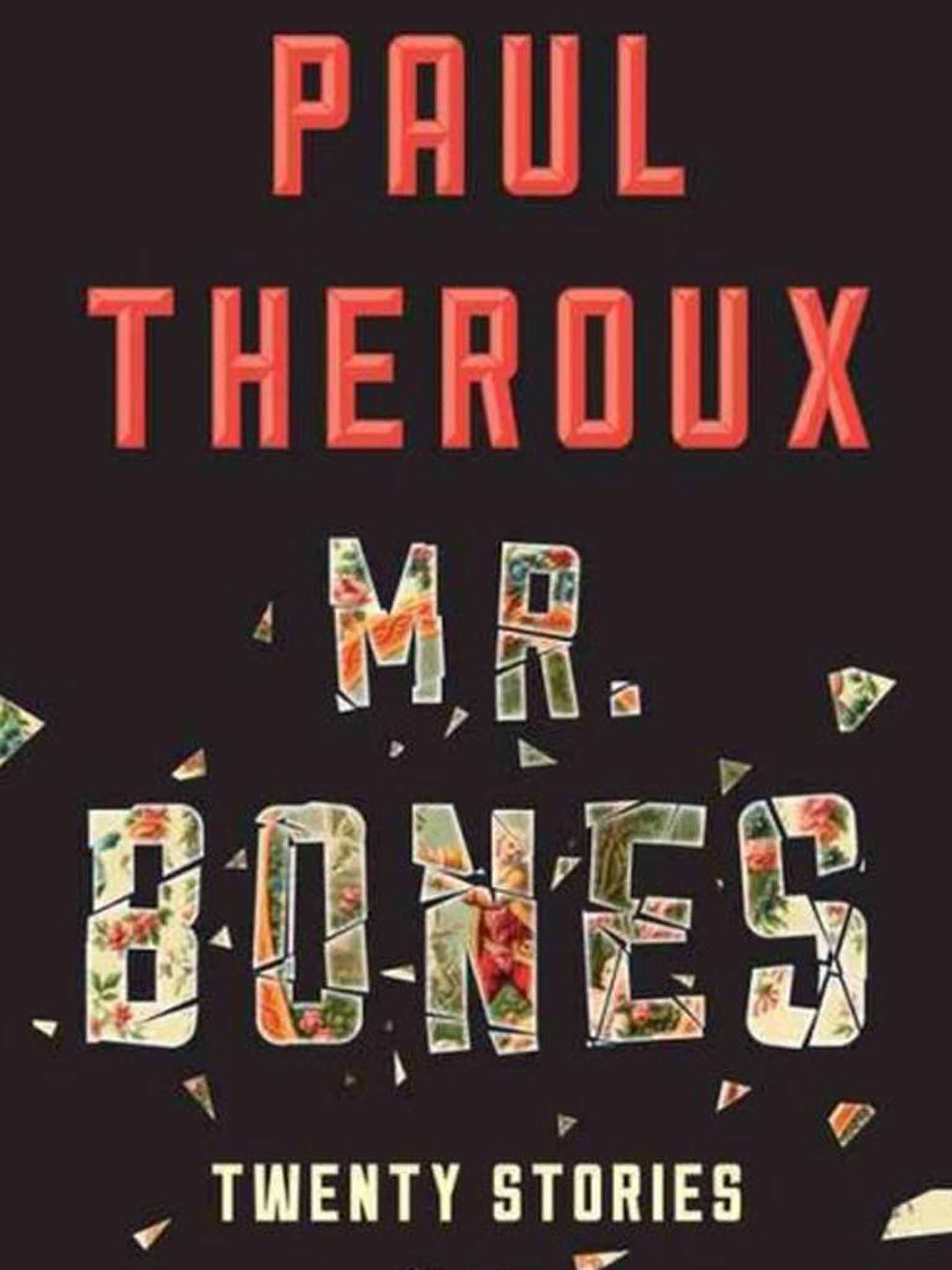Your support helps us to tell the story
From reproductive rights to climate change to Big Tech, The Independent is on the ground when the story is developing. Whether it's investigating the financials of Elon Musk's pro-Trump PAC or producing our latest documentary, 'The A Word', which shines a light on the American women fighting for reproductive rights, we know how important it is to parse out the facts from the messaging.
At such a critical moment in US history, we need reporters on the ground. Your donation allows us to keep sending journalists to speak to both sides of the story.
The Independent is trusted by Americans across the entire political spectrum. And unlike many other quality news outlets, we choose not to lock Americans out of our reporting and analysis with paywalls. We believe quality journalism should be available to everyone, paid for by those who can afford it.
Your support makes all the difference.In "Siamese Nights," the longest and most successful story in Paul Theroux's new collection, a character says: "The place I want to live is somewhere I wouldn't mind dying." I heard Theroux express this sentiment while discussing his travel writing at the Hay Festival in 2011, which makes me wonder about the distinction between him and some of his characters.
Other protagonists are, like Theroux, eminent authors, including one who quotes Henry James on "the madness of art" and another who makes the withering, Theroux-like observation: "Long-windedness itself is a form of indolence." In the story "Mrs Everest", an artist is manipulated by an old lady who displays some of the cruelty which Theroux ascribed to V S Naipaul in his memoir Sir Vidia's Shadow (1999).
Beyond his writerly musings on travel, however, Theroux shows in "Siamese Nights" that he remains an imaginative and accomplished storyteller. It concerns American businessman Boyd Osier's affair with Song, a Thai "ladyboy", who establishes a more equal footing with Osier than anticipated. This has frightening consequences, which might jeopardise Osier's future with his wife, and forces the reader to consider the relationship between Western comfort and global inequality. Osier likes Bangkok because "you could possess such a place" and the idea of possession is central to "Minor Watt" when the eponymous art collector obliterates valuable works: "By destroying them I am making them mine."
For Theroux's men, storytelling is a way to regain ownership of their changing lives. "Rip It Up" captures a teenager's "wish to be mediocre and anonymous… to hide my head from the ferocity of the school." This detail rings true but, overall, the story, in which boys plot to explode a bomb at a football match, feels nostalgic for the 1950s, as do other depictions of childhood. Theroux writes convincingly of rich Americans, Hawaiian cops and mercenaries in African warzones, but his most haunting stories, "Mr Bones" and "Our Racoon Year", use suburbia as the humdrum backdrop for departures into the sinister and absurd.
The strongest stories in Mr Bones are skilful, unsettling, but the book is uneven. Weak exercises, like the titillating dud "Voices of Love", create a ragbag feel. It lacks the edgy unity of Lorrie Moore's Bark and feels old-fashioned compared with Tom Barbash's Stay Up with Me. Other recent collections offer more satisfaction for your time and money.

Join our commenting forum
Join thought-provoking conversations, follow other Independent readers and see their replies
Comments